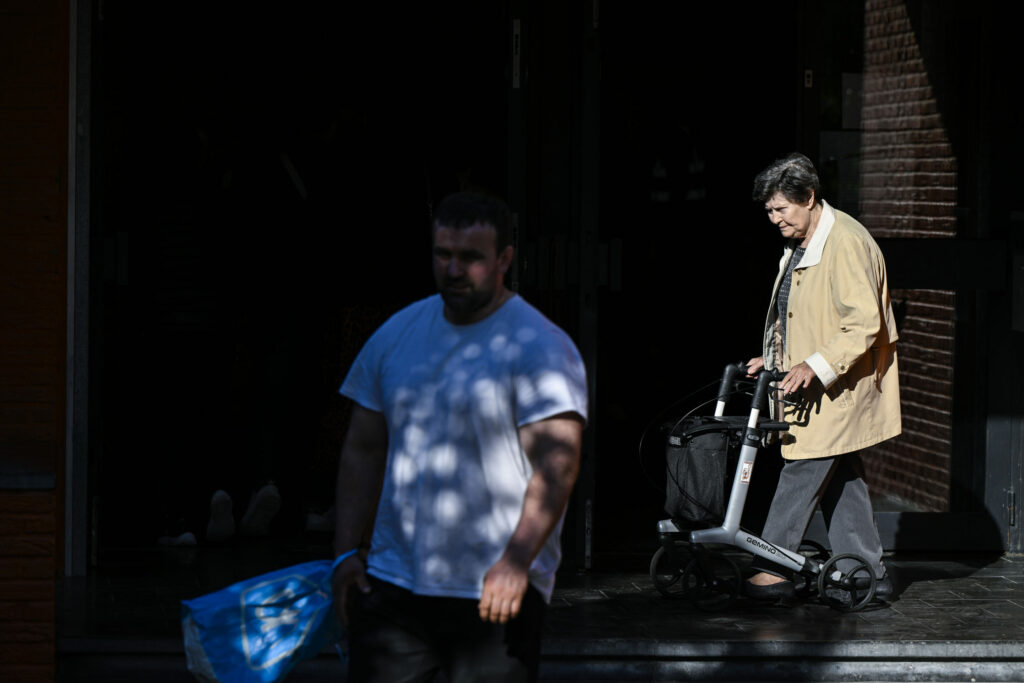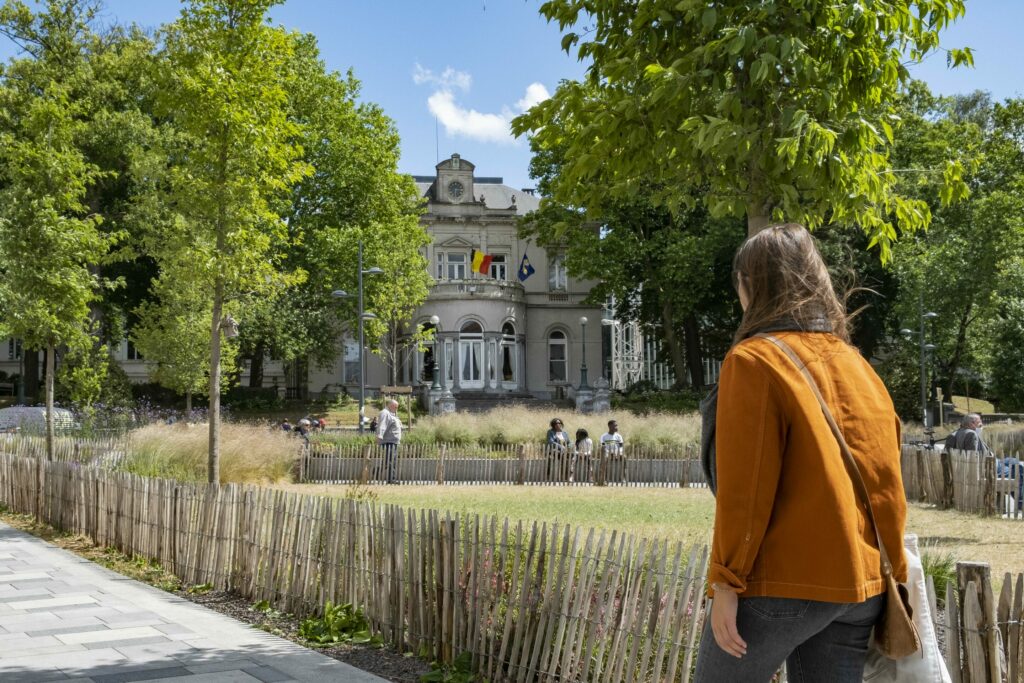Nearly one in two Brussels residents did not vote in the regional elections on 9 June – either because they were unable or unwilling to cast their vote, according to figures published by the Belgian Interior Ministry.
The number of eligible international voters in the Brussels-Capital Region increased by nearly 30,000 compared to the 2019 elections, but there is still a risk that about half of the potential electorate will not vote – and will therefore not be represented – at the local elections in October.
"What struck me about the regional election results is that the number of international voters is larger than the number of votes any party received," Thomas Huddleston of the non-profit campaign group VoteBrussels told The Brussels Times.
Across all 19 Brussels municipalities, a third of all potential voters are non-Belgian. While most of those people could not vote in the regional elections, they will be able to do so in the local ones – if they register in time (deadline is 31 July).
More internationals than votes for winning parties
"The numbers in the Brussels municipality of Ixelles, in particular, shocked me. MR came out as the largest party in the regional elections with 6,895 votes. But the number of eligible non-Belgian voters in Ixelles alone is 33,916," Huddleston said. "If even a quarter of them would sign up to vote for October, the impact they could have is massive."
This effect would be felt particularly in municipalities such as Etterbeek (4,714 votes for winning party MR compared to 17,966 potential international voters), Saint-Gilles (3,312 votes for winning PTB versus 18,136 internationals) and indeed Ixelles, where nearly half of the residents are internationals, but smaller municipalities could also see a major difference in election results.
In Koekelberg, the number of international voters (4,888) is higher than the largest party (PS, with 2,433 votes). Anderlecht houses 28,358 of eligible non-Belgium voters, and the largest party there was PTB with just over 10,000 votes. In the City of Brussels, PS was the largest party with 14,459 votes, but some 51,665 non-Belgians living there are eligible to vote.
"This really shows the deficit that we need to bridge if we want to have the inclusive elections that we are supposed to have," Huddleston underlined.

Credit: Belga/ Tom Goyvaerts
He also stressed that these numbers prove that international voters could determine what the impact of the regional elections would be on the local elections in October. "Should the Brussels Regional Government become right-wing, for example, internationals could vote in the opposite direction for their municipality. Or the other way around. This would massively mitigate the regional effect on their municipality."
"In a place where half of the voters are internationals, this shows why the democratic deficit is so urgent," Huddleston said. "International voters are not just there as political pawns, they are equal residents. They live there, they should have a say."
In the run-up to the 31 July registration deadline for the local elections, VoteBrussels is going around all Brussels municipalities to urge internationals to register. "We are also encouraging all the municipalities to send letters to eligible voters – which they are obliged to do under EU law. So we expect that a lot will be happening in this short timeframe between now and 31 July."

